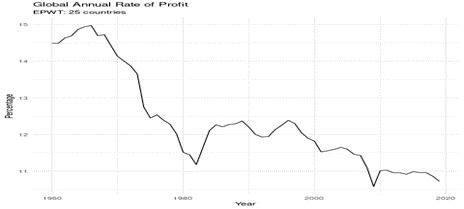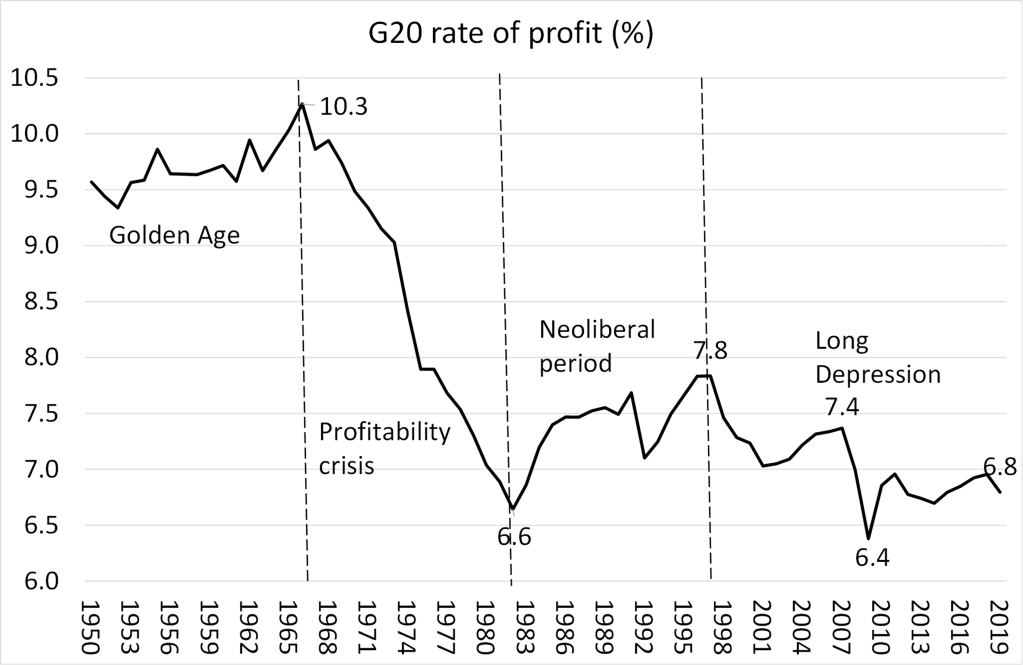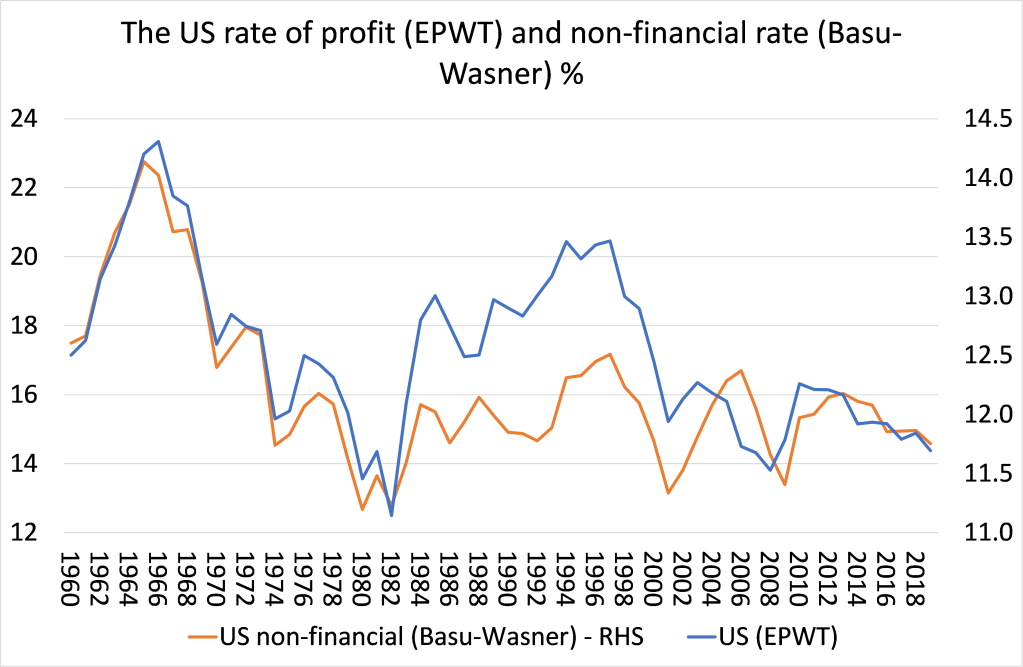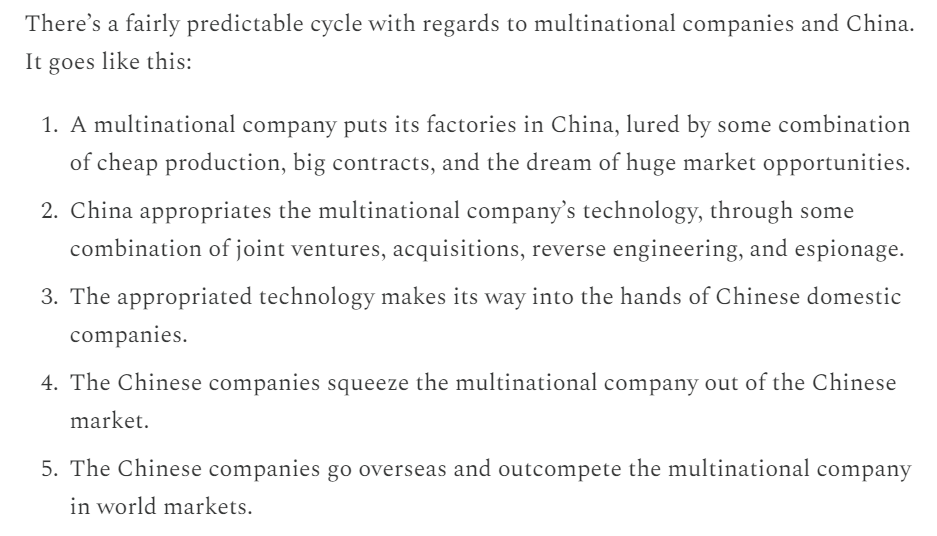Societies become breakthrough powerful under fairly specific historical conditions.
Competition in a concentrated area.
This covers most breakthrough shifts. Let’s give some examples.
Europe
A large number of kingdoms and republics, in constant competition. If you didn’t advance militarily, culturally (administration and culture matter) and technologically, you were in trouble. As administration improved and military technology changed to favor “despotic kings” like Louis XIV and Henry the VIIth (a very underrated King), decentralized and smaller power, internal (nobles) and external were brought under control. Constant warfare and other forms of competition lead to rapid advancement.
Fail, and you could fall. If the English hadn’t defeated the Spanish armada, well, that would have been the end of an independent England. Many other principalities did fall.
In addition, there was external pressure, from the more advanced, at least initially, Ottomans, whom the Europeans were terrified of. The Ottoman threat was real, and a few key battles and wars could have swung the other way, and Eastern Europe fallen under Ottoman control.
With no central control of the entirety of Europe, people could move easily, and find a place where whatever new thing they wanted to try was allowed.
The end result was a huge increase in technology, administrative control allowing more and more resources to be brought under central control, and swift advancement in the military. Even before the industrial revolution Europeans wound up conquering a vast chunk of the world, one they had industrialized, the world was at their feet, and they wound up in control of about three-quarters of it, with the rest terrified and compliant. (This is the case with China: never actually conquered, but under the thumb, though they did fight as best they could, they were defeated.)
Ancient Greece, then Rome
Greek city states were in ferocious competition with each other. Militarily, culturally and even technologically. The Greeks were far more advanced than the Romans. If you lost, terrible things could happen, like the destruction of your entire city and the enslavement of every survivor.
The Greeks were also under threat by a great neighbouring power: Persia, and the wars against Persia, were, again, close run. They could have gone the other way. By the time of of the Ten Thousand, when Greek mercenaries who had fought for the losing side in a Persian civil were were able to march across much of a hostile Persian empire, crushing all in their way, it was clear to the Greeks that Persia was ripe—their armies were vastly larger, but the Greek way of war was vastly superior.
Greece itself was conquered by Macedonia, which was essentially Greek, but still somewhat Barbarian, then Macedonia, under Alexander, conquered Persia and Egypt. The Persians, even if their leadership hadn’t been cowardly, never stood a chance. Then the Greeks ruled the Eastern Med and the Near East until the Romans. After Alexander, however, they didn’t expand much. The successor states were not dynamic.
Rome was also in savage competition. Against the Greeks, the other Italian tribes, the Celtic tribes and Carthage. They were almost always at war, and they learned well. Eventually they were able to conquer Greece, Span, most of what is now France, and Egypt, though they never had much luck against most of what had been the Persian Empire. Once the Republic fell, Rome didn’t spread much. The occasional Emperor would conquer some land, but they could rarely hold it. The dynamism of the Republic, and the pressure required for advancement no longer existed. Indeed, as time went by the Romans lost a fair bit of their technology, as well. The big single Empire was not dynamic.
The Mongols
Before Temujin the Mongols and the other steppe nomads near China were in constant competition against each other, and were also constantly subject to manipulation and war from China, which sought to keep them down, fearing (quite rightly) that they would invade. Most of Temujin’s life was spent conquering and unifying the steppe nomads, then changing their culture to be more disciplined and usefully warlike. The steppe nomads had always been fearsome, but Temujin changed how they fought: ordering them in groups of 10, 100, 1,000 and 10,000 and enforcing amazing levels of discipline. The Mongols were not just disciplined in battle, strategically they moved faster than any other military of the time and were able to pull off amazing coordination. Columns of troops would meet hundreds of miles away, on the exact day planned.
Though horse archers are always dangerous, it was Genghis Khan’s unification PLUS his changes to society and military organization which turned them into a terror so great that they were not defeated for over a hundred years. In their time, they were just as dominant as the Europeans in the late 19th century.
There are other examples: the Zulus, who had the bad luck to run into the British at the height of their power are one. Warring States China is another. Ancient India around the time of the Buddha is a third. The Sengoku period of Japan is a fourth, and once Tokugawa took power, Japan, in many ways stagnated. (During the Sengoku period, the Japanese had more firearms than anywhere else.)
Concluding
Large empires are stagnant. There may be some advancement, though often there is none or even retrogression, but they don’t make breakthroughs into revolutionary power. At best they inherit it.
Small groups in competition have the chance, though not the certainty, of fast progress, stuck as they are in a cauldron. It doesn’t always happen: the tribes of New Guinea were caught in zero, indeed, often negative sum competition and remained backwards.
But the general rule of breakout power is small states in serious competition, usually with an outside threat.





For those advising an attempt to take over the Republican Party. I think candidly that that is even less likely than taking over the Democratic Party.
I live in, and am involved in local politics and environmental activism in, a region that, despite being in a very Blue State, is quite conservative, with some of the towns around here reliably voting for GOP candidates — in Massachusetts — at rates above 60 and 70% (other towns are more reliably Democratic, these differences are fascinating at a sociological level, and quite complicated).
I am in coalition with these conservatives on a critical important local issue where 90 percent of the populace agrees that a corporation is lawless and must be stopped. I grew up with some of them, and know them well, we are of the same small communities (this is also true of the liberals, the left, the non-engaged, the right-wing and left-wing online street fighters, many more — these are smaller towns for Massachusetts, with one exception).
Despite this coalition, or rather because of it, and dealing with them, I think it’s unlikely they are going to be a good candidate for entryism. For one thing, they are viscerally and often just off the wall in their hardcore anti-Communism and 1950s-era redbaiting.
The other thing is that they have as kind of their Ur-Principle the idea that Private Property Is Sacred (this is, as Ur-Principles so often are, is frequently and seemingly without dissonance contradicted by them in the actual practice of their lives). They do not distinguish between the person owning a small cottage and Elon Musk; for them, private property is private property.
A third factor is that fifty years of talk radio, cable news, and now Facebook and other social media have marinated them in a culture of querulous suspicion and anti-reason; they fall for just lunatic conspiracy stuff, and while some of them are just naturally intelligent enough that they fight through this and make real contributions to our local governments, it’s still their native idiom, if that makes sense (like, believing basically every election is stolen; despite the minimizing of certain interlocutors of Trump’s misdeeds, this is a real one, this baseless accusation of fraudulent or stolen elections — this is a corrosive rhetorical move, and one that makes the actual practical life of our bodies politic in the real world more difficult.
Nor is Russiagate apposite here; Russiagate was nonsense, but Hillary Clinton, of whom I am not a fan, did show up to Trump’s 2017 Inauguration; she did acknowledge the vote totals were correct, and that she legitimately lost in the electoral college; this is _categorically_ different than Trump’s conduct in 2020-21).
A fourth factor: they genuinely dislike Difference and a pluralistic and open society; many of them are openly bigoted towards LGBTQ people. We had a Klan presence here in southeastern Massachusetts into the 1950s, and that impulse didn’t just go away. Indeed, my own Town’s High School, from which I graduated 20+ years ago, had a significant problem with what can only be described as anti-Semitic and Nazi-sympathizing public behavior by the football team. We have the local evangelical holy rollers running for School Committee (in Plymouth, Mass.) talking about banning books, in just total disregard for the U.S. and Mass. Constitutions.
They are also obsessed with culture war nonsense. Just, like, obsessed.
The thing I should emphasize: the conservatives are often extremely intelligent, and will see any kind of entryist from a mile away. I should also note I actually quite like many of them at a personal level; I don’t think they are bad people (some are, but not most), just misguided and wrong on many issues (sometimes, they are right, and I take coalition with them where it presents itself; this is natural in the parliamentary environment of Town Meeting societies).
Finally, Republicans have their own Machine which is even worse than the Democratic Machine, which at least has to pretend to some notion of human well-being. The GOP Machine in my experience down here are connected to local business elites and are also canny, and just like, wildly amoral, and won’t give up the party without a fight.
So, taken together, and played out across the country, I think it will be extremely difficult to engage in any kind of Left entryist strategy in the Republican Party.
My own strategy is premised on local politics — I live in a directly democratic Town Meeting form of government, and if I want to write a statute for the Town, I can get myself and nine other inhabitants of the Town together and put it before the Annual Town Meeting. That’s a lot of power, so I exercise what power I am able to in order to advance the goals of the Commonwealth thought that guided the authors of the Massachusetts Constitution, and, at a larger level, the American Revolution.